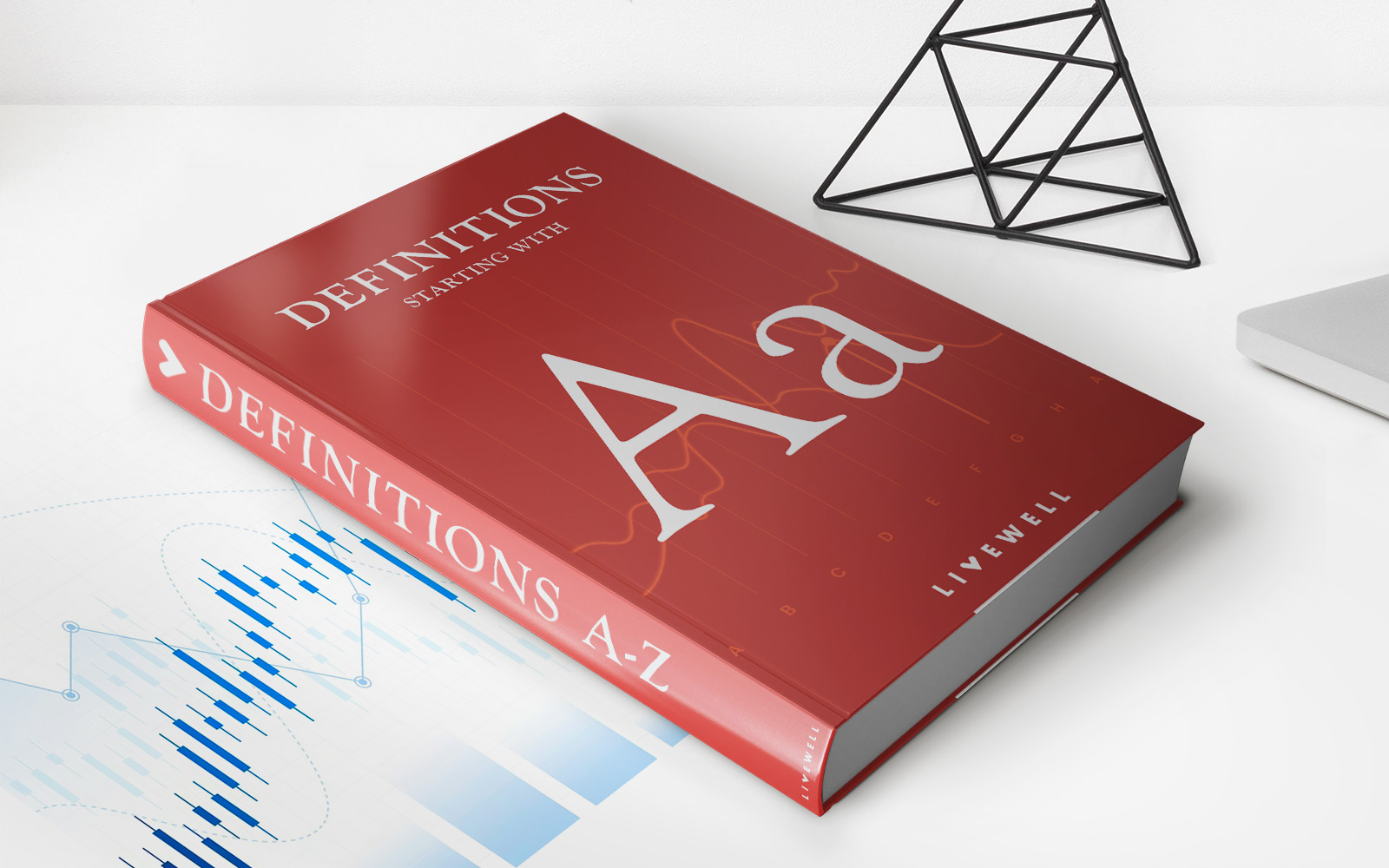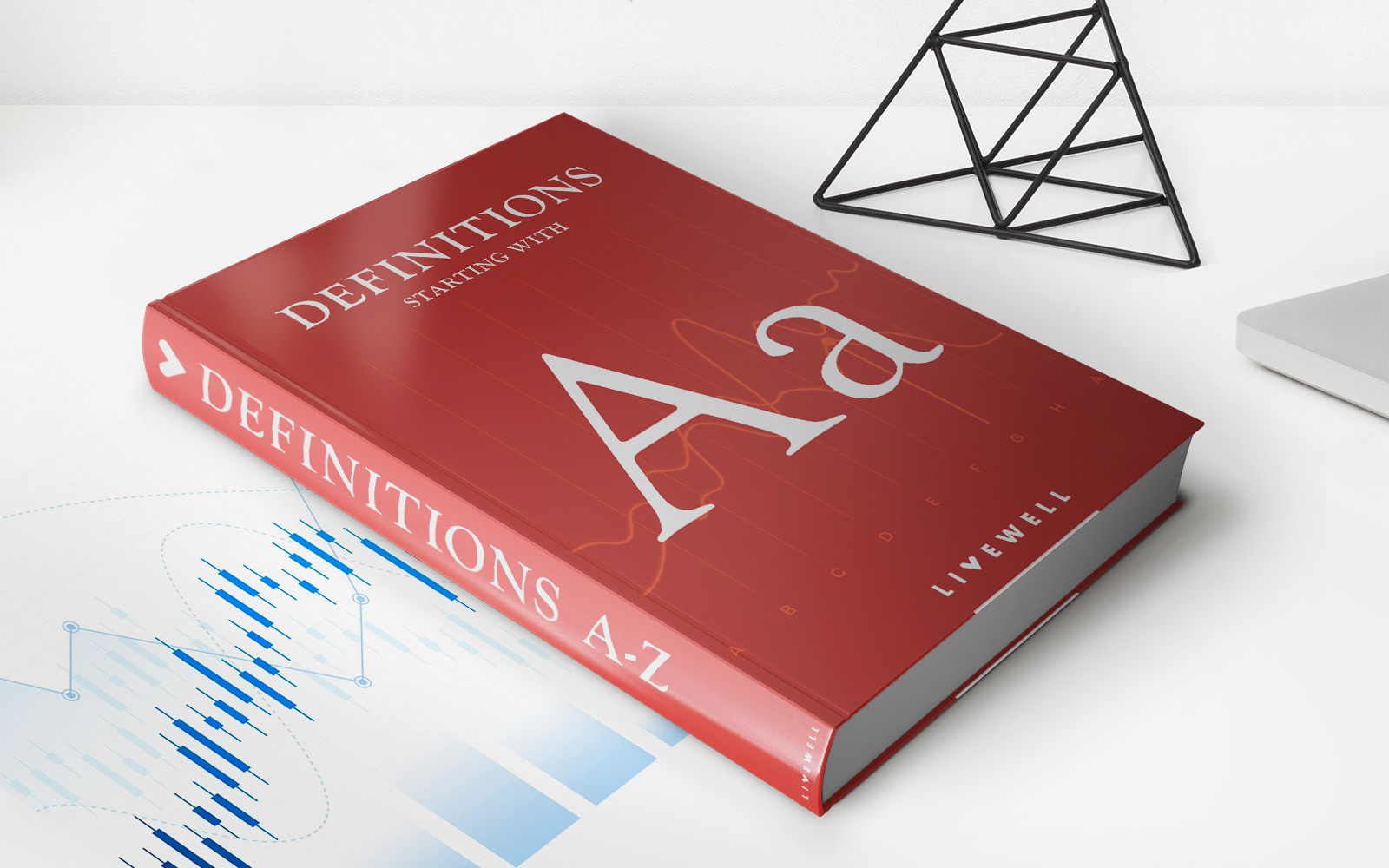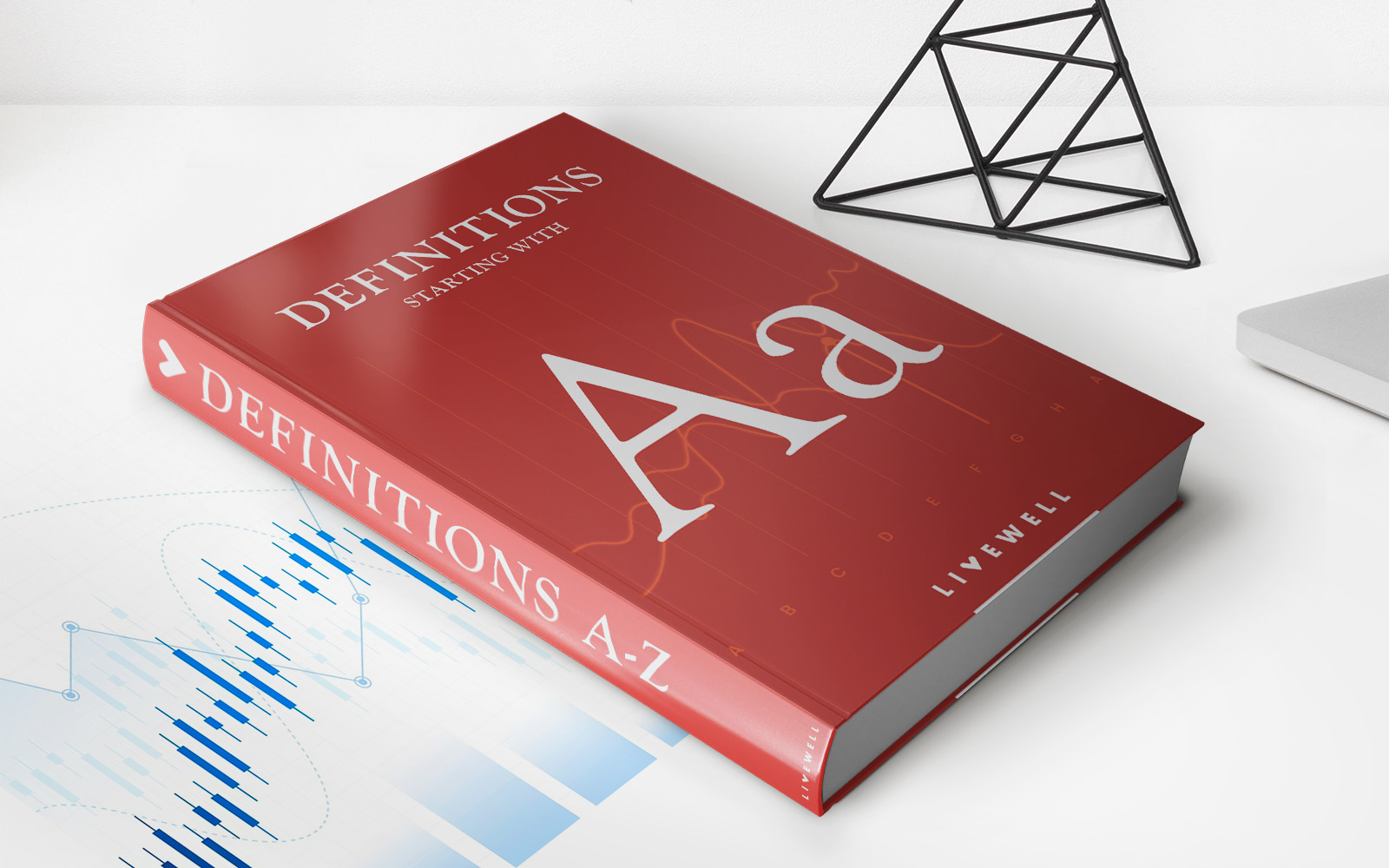

Finance
What Is Meant By An Auction Market For Stocks?
Published: January 17, 2024
Discover the meaning of an auction market for stocks and its significance in the field of finance. Understand how it functions and impacts stock trading.
(Many of the links in this article redirect to a specific reviewed product. Your purchase of these products through affiliate links helps to generate commission for LiveWell, at no extra cost. Learn more)
Table of Contents
Introduction
An auction market for stocks is a type of financial market where the buying and selling of stocks or securities is conducted through a public auction system. It is a mechanism that facilitates the efficient exchange of shares between buyers and sellers. In this market, participants place bids to buy shares and make offers to sell them, and the transactions occur at the equilibrium price determined by the auction process.
The auction market for stocks is one of the oldest and most traditional methods of trading. It has been used for centuries and continues to be a prominent feature of the modern financial system. The rise of electronic trading platforms has made it more accessible and efficient, but the underlying principles remain the same.
In an auction market, the trading process is transparent and open to all market participants. This ensures a fair and competitive environment where prices are determined by the forces of supply and demand. The auction market provides a platform for investors to execute their trades and for companies to raise capital by issuing new shares.
Overall, the auction market for stocks plays a vital role in the financial ecosystem. It provides a regulated and structured framework for trading that allows investors to buy and sell stocks with confidence and facilitates price discovery in the market.
In the following sections, we will explore the defining characteristics of an auction market for stocks, how it works, its advantages and disadvantages, and how it compares to other types of market structures.
Definition of an Auction Market
An auction market is a type of financial market where the trading of goods, services, or assets takes place through a competitive bidding process. In the context of stocks, an auction market refers to a market structure where the buying and selling of shares occur through an open and transparent auction system.
Unlike a dealer market, where trades are executed through intermediaries like brokers or market makers, an auction market brings buyers and sellers together in a centralized location or electronic platform. Participants in an auction market can submit bids to buy shares or offers to sell them, and the trades are conducted at prices determined by the competitive bidding process.
One of the key features of an auction market is price transparency. The auction process allows all participants to see the prices at which others are willing to buy or sell shares, creating a level playing field. This transparency ensures that trades are executed at fair and competitive prices, based on the forces of supply and demand.
In an auction market for stocks, there are two main types of orders: market orders and limit orders. A market order is an instruction to buy or sell shares at the best available price in the market. On the other hand, a limit order is an instruction to buy or sell shares at a specific price or better. Limit orders can improve the price at which the trade is executed but may not be filled immediately if the specified price is not met.
The auction market for stocks can be further classified into two subcategories: open outcry and electronic trading. Open outcry refers to the traditional method of trading where participants physically gather on a trading floor and use verbal and physical cues to place bids and offers. In contrast, electronic trading involves the use of computer-based trading systems that match orders from various participants.
Overall, the auction market for stocks provides a transparent and competitive environment for investors to trade shares. It offers a fair market price determined by the demand and supply dynamics, ensuring efficiency and liquidity in the trading process.
Characteristics of an Auction Market for Stocks
An auction market for stocks possesses several key characteristics that distinguish it from other types of market structures. These characteristics shape the way trading occurs and contribute to the overall efficiency and transparency of the market. Below are some of the main characteristics of an auction market for stocks:
- Open and Transparent: An auction market for stocks operates in an open and transparent manner. Participants can observe and access real-time information about the bids and offers in the market. This transparency ensures that all participants have equal visibility and opportunities to participate in the trading process.
- Competitive Pricing: The auction process in an auction market allows for competitive pricing. Buyers and sellers compete with one another, driving the prices towards an equilibrium where supply equals demand. This competitive environment ensures that trades are executed at fair and market-driven prices.
- Bid-Ask Spread: In an auction market, there is a bid-ask spread, which refers to the difference between the highest price buyers are willing to pay (bid) and the lowest price sellers are willing to accept (ask). The bid-ask spread represents the market’s liquidity and serves as a measure of the transaction costs associated with trading.
- Price Discovery: An auction market for stocks plays a crucial role in price discovery. Through the competitive bidding process, the market participants collectively determine the fair price for a given stock at any given time. This price discovery mechanism ensures that the market reflects the most up-to-date information and reflects the collective sentiment of investors.
- Centralized Trading: In an auction market, the trading of stocks takes place in a centralized location or electronic platform. This centralization facilitates efficient price matching and execution of trades. It also helps in enhancing market transparency and ensuring a fair and orderly trading process.
- Regulated Environment: An auction market for stocks operates within a regulated environment. Regulatory bodies oversee the market to ensure compliance with rules and regulations designed to protect investors and maintain market integrity. This regulatory oversight provides a level of confidence and trust for market participants.
- Limited Market Manipulation: The open and transparent nature of an auction market makes it difficult for market participants to engage in manipulative practices. The competitive bidding process exposes any attempt at artificial price manipulation, reducing the risk of market abuses.
Overall, these characteristics of an auction market for stocks contribute to a fair, efficient, and transparent trading environment where market participants can transact with confidence and trust.
How an Auction Market Works
An auction market for stocks operates based on a structured process that allows buyers and sellers to trade shares through competitive bidding. The following steps outline how an auction market works:
- Order Placement: Market participants, including individual investors, institutional investors, and market makers, place their orders to buy or sell shares. These orders can be market orders or limit orders, specifying the desired quantity and price at which they are willing to transact.
- Order Matching: Once the orders are placed, the auction market’s trading platform matches the buy orders with the corresponding sell orders based on price and time priority. Market orders are executed immediately at the best available price, while limit orders are either executed at the specified price or better.
- Price Determination: Through the process of order matching, the auction market determines the equilibrium price at which the maximum number of shares can be traded. This price represents the consensus between buyers and sellers and reflects the current supply and demand conditions in the market.
- Execution and Settlement: Once the orders are matched and the transactions occur, the respective parties involved in the trade receive confirmation of the executed trade. The settlement process follows, where the actual transfer of ownership and payment takes place in accordance with the market rules and regulations.
- Continuous Trading: An auction market for stocks typically operates during specific trading hours, providing continuous trading opportunities to market participants. This allows investors to submit new orders or modify existing ones in response to changing market conditions and information.
- Market Monitoring: The auction market also involves continuous monitoring of orders and trades by regulators and market operators to ensure compliance with rules and regulations. This oversight helps maintain a fair and orderly trading environment and fosters investor confidence.
It is worth noting that the actual mechanics of an auction market can vary depending on whether it is an open outcry or electronic trading market. In an open outcry market, such as a traditional stock exchange, traders physically gather on a trading floor and use verbal and physical cues to place their bids and offers. In contrast, electronic trading platforms utilize computer-based systems to match orders from various participants automatically.
Overall, an auction market for stocks operates through a structured process of order placement, order matching, price determination, execution and settlement, and continuous trading. This systematic approach facilitates fair, efficient, and transparent trading of securities in the market.
Advantages of an Auction Market for Stocks
An auction market for stocks offers several advantages that contribute to its popularity and effectiveness in facilitating the trading of securities. Here are some key advantages of an auction market:
- Price Transparency: An auction market provides transparency in the trading process. Participants can see the bids and offers submitted by other market participants, allowing them to make informed decisions about their trading activities. This transparency ensures that prices are determined by the interaction of supply and demand, leading to fair and competitive pricing.
- Efficient Price Discovery: Through the competitive bidding process, an auction market enables efficient price discovery. Market participants collectively determine the fair price for a particular stock based on their willingness to buy or sell at different price levels. This price discovery mechanism ensures that the market reflects the most accurate and up-to-date information, enhancing overall market efficiency.
- Liquidity: An auction market typically offers high levels of liquidity due to the presence of multiple buyers and sellers actively participating in the trading process. This liquidity allows investors to easily buy or sell shares at fair prices, reducing the likelihood of large bid-ask spreads and providing the ability to quickly enter or exit positions.
- Equal Access to Market Information: In an auction market, all participants have equal access to market information, ensuring a level playing field. This accessibility prevents any unfair advantages and fosters fair competition among buyers and sellers.
- Reduced Market Manipulation: The open and transparent nature of an auction market makes it more difficult for market participants to engage in manipulative practices. The competitive bidding process exposes any attempt at artificial price manipulation, helping to maintain market integrity and reduce the risk of market abuses.
- Regulated Environment: An auction market for stocks operates within a regulated environment, overseen by regulatory bodies. The presence of regulations and oversight helps protect investors’ interests, ensures compliance with market rules, and promotes market stability and investor confidence.
Overall, an auction market for stocks offers advantages such as price transparency, efficient price discovery, liquidity, equal access to market information, reduced market manipulation, and a regulated environment. These advantages make auction markets an attractive and reliable option for investors to buy and sell securities.
Disadvantages of an Auction Market for Stocks
While an auction market for stocks offers numerous benefits, it also has certain disadvantages that can impact market participants in different ways. Here are some of the key disadvantages of an auction market:
- Price Volatility: In an auction market, where prices are determined by the competitive bidding process, there can be greater price volatility compared to other market structures. The continuous interaction of buyers and sellers can lead to rapid price fluctuations, which can present both opportunities and risks for investors.
- Lower Market Flexibility: Compared to dealer markets or alternative trading platforms, auction markets may have less flexibility in terms of order types and trading strategies. The bidding process may limit some complex trading strategies that require specific order types or execution algorithms.
- Slower Order Execution: In certain cases, the auction market’s bidding and matching process may result in slower order execution compared to other market structures. The time needed for buyers and sellers to submit their bids and for the market to match the orders can cause delays in executing trades, which can be a disadvantage for investors seeking faster order fills.
- Limited Privacy: In an auction market, participants’ bidding and offering prices are visible to other market participants. This lack of privacy can make it difficult for large institutional investors to execute large trades without impacting the market price, potentially leading to adverse price movements.
- Market Manipulation Risks: While market manipulation is generally more challenging in auction markets, it is still possible for certain manipulative practices to occur. Despite regulatory oversight, there is always a risk of attempts to artificially influence prices by strategic bidding or spreading false information.
- Reliance on Market Conditions: An auction market’s performance is closely tied to market conditions and the participation of buyers and sellers. During periods of low market activity or in the case of illiquid stocks, the auction market may face challenges in achieving efficient price discovery and maintaining sufficient liquidity.
It is important for investors and market participants to consider these disadvantages along with the advantages when evaluating the suitability of an auction market for their trading needs. While the disadvantages exist, they are also inherent features of the auction market structure that may not be an issue for all investors or under all market conditions.
Comparison with Other Types of Market Structures
When evaluating the auction market for stocks, it is essential to compare it with other types of market structures to understand its unique characteristics and advantages. Below, we highlight the key differences between the auction market and two other common market structures: dealer markets and electronic communication networks (ECNs).
Auction Market vs. Dealer Market:
In an auction market, the trading takes place through a competitive bidding process, allowing all participants to bid and offer prices openly. In contrast, a dealer market relies on intermediaries, such as brokers or market makers, who facilitate trades by acting as counterparties or matching buyers with sellers.
In terms of price determination, the auction market relies on the interaction of buyers and sellers, resulting in transparent and market-driven prices. In a dealer market, prices are determined by dealers who may have their own pricing models and spreads.
Another distinction is the level of liquidity. Auction markets usually offer high levels of liquidity due to the participation of multiple buyers and sellers. In a dealer market, the liquidity may be dependent on the specific dealers and their inventory of securities.
Auction Market vs. Electronic Communication Networks (ECNs):
An auction market can also be compared to ECNs, which are electronic platforms that facilitate the buying and selling of securities. ECNs match buy and sell orders by automatically executing trades based on predetermined rules.
One key difference is the order execution process. In an auction market, trades are executed through a competitive bidding process, while in ECNs, orders are matched electronically based on specific criteria such as price and time priority.
Another distinction lies in the level of transparency. Auction markets provide full price transparency as all bids and offers are visible to participants. In contrast, the transparency level in ECNs may vary depending on the platform’s rules and design.
Additionally, ECNs can offer faster order execution and may have more advanced order types and trading features compared to auction markets. However, they may also lack certain characteristics of auction markets, such as the price discovery process based on competitive bidding.
Overall, each market structure has its own advantages and disadvantages. The auction market stands out for its price transparency, competitive pricing, and efficient price discovery, while dealer markets and ECNs offer different features such as liquidity provision and faster order execution. The choice between these market structures depends on individual trading preferences, the specific asset being traded, and the market conditions.
Conclusion
The auction market for stocks is a vital component of the financial system, providing a transparent and competitive environment for investors to trade securities. Its defining characteristics, such as price transparency, efficient price discovery, and liquidity, contribute to its effectiveness in facilitating the buying and selling of stocks.
An auction market offers several advantages, including equal access to market information, reduced market manipulation, and a regulated environment that instills investor confidence. The price discovery process ensures that market prices reflect the most accurate and up-to-date information, promoting market efficiency.
- However, it is important to consider the potential disadvantages of an auction market, such as price volatility, slower order execution, and limited privacy. These factors may impact investors depending on their trading strategies and requirements.
- When comparing the auction market with other market structures, such as dealer markets and ECNs, it is clear that each has its own unique features and advantages. The choice of market structure depends on individual preferences, the specific securities being traded, and prevailing market conditions.
- Overall, the auction market for stocks remains a cornerstone of the financial system, offering a fair and transparent platform for investors to transact. It plays a crucial role in price discovery, ensuring that stocks are traded at market-driven prices, and contributes to the overall efficiency and integrity of the financial markets.
As technology continues to evolve and shape the financial landscape, the auction market for stocks is expected to adapt and integrate new innovations while retaining its core principles. Whether conducted in traditional open outcry venues or through electronic platforms, the auction market ensures that buying and selling stocks is a fair and competitive process, benefiting both individual and institutional investors alike.














